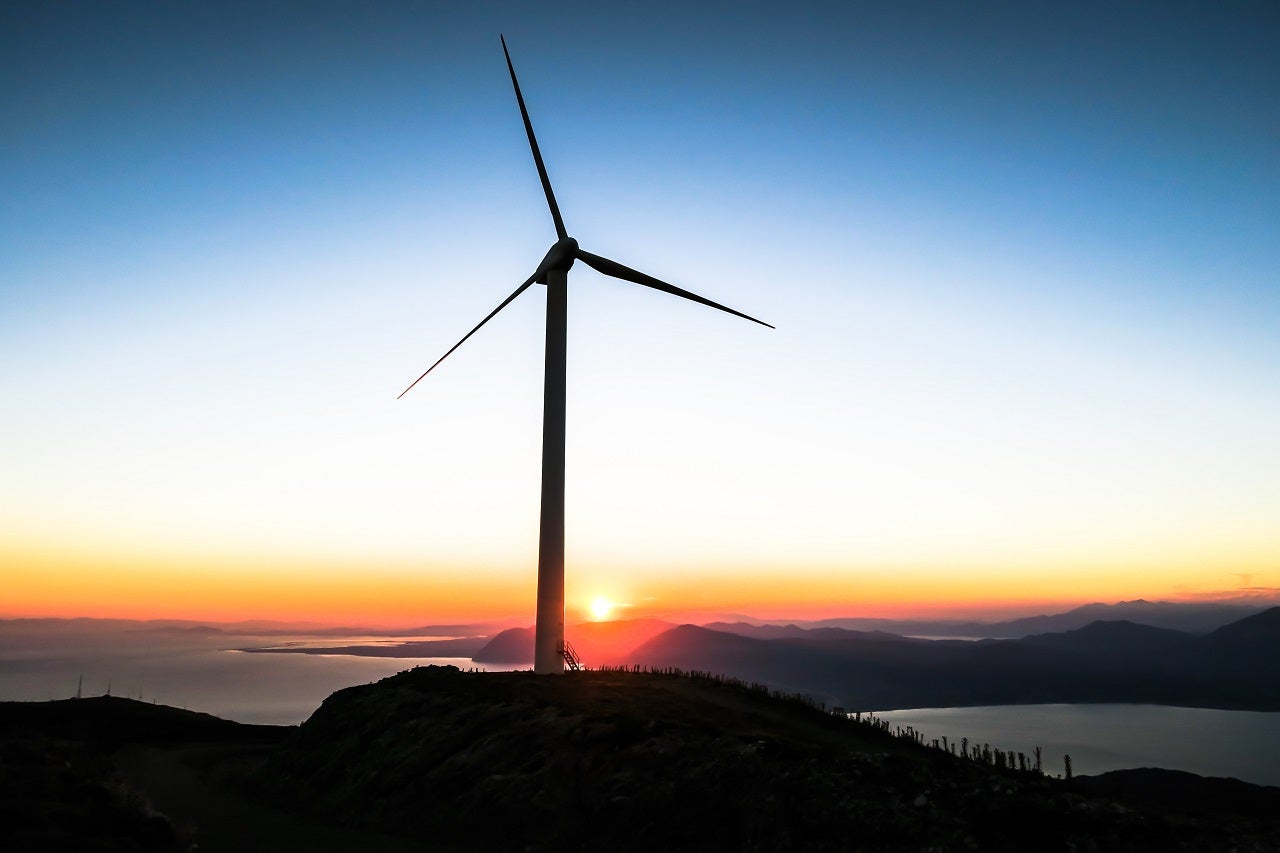
Afghanistan’s state-run power producer Da Afghanistan Breshna Shirkat has signed contracts to develop four renewable power projects with the private sector.
The four projects will cost $160m, and are expected to add 110MW of clean energy to the nation’s power grid over the next 18 to 27 months.
The renewable projects will be developed by local companies in the Kabul, Balkh and Herat regions, along with partners from Turkey, India and the US Agency for International Development.
As part of the deal, one solar photovoltaic project will be built in northern Balkh province with 40MW capacity. Two other projects, include a solar and wind farm facility with 25MW capacity each, will be built in Herat province, near the border with Iran.
A floating solar power station will also be built at Naghlu dam in the east of Kabul.
With only 400MW hydropower generation capacity, Afghanistan currently is reportedly importing 1.2GW of electricity from countries like Iran, Tajikistan, Uzbekistan and Turkmenistan to meet its power requirements.

US Tariffs are shifting - will you react or anticipate?
Don’t let policy changes catch you off guard. Stay proactive with real-time data and expert analysis.
By GlobalDataIt is estimated that the country would require 7.5GW of electricity to meet the power requirements of its population.
Afghan Finance Ministry policy and development chief Lima Khoram was quoted by Arab News as saying: “With the implementation of these projects, we will not only witness improvement in the energy sector but also in other areas as energy is the basic need for the improvement of other sectors.
“We will also see the development of other major sectors. This is not only good news for the citizens, but for all investors and entrepreneurs too.”



